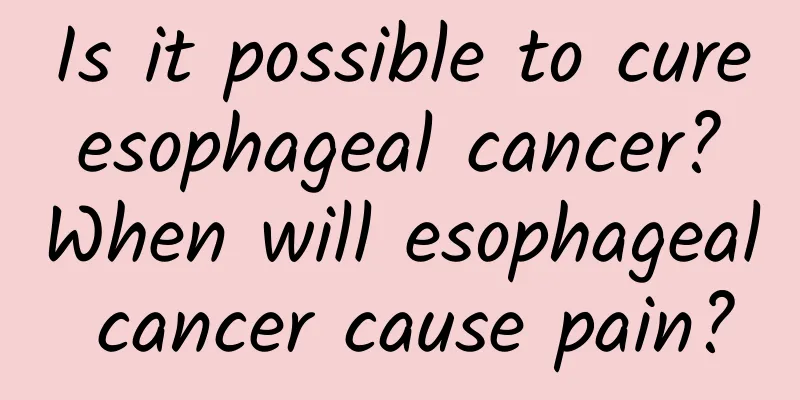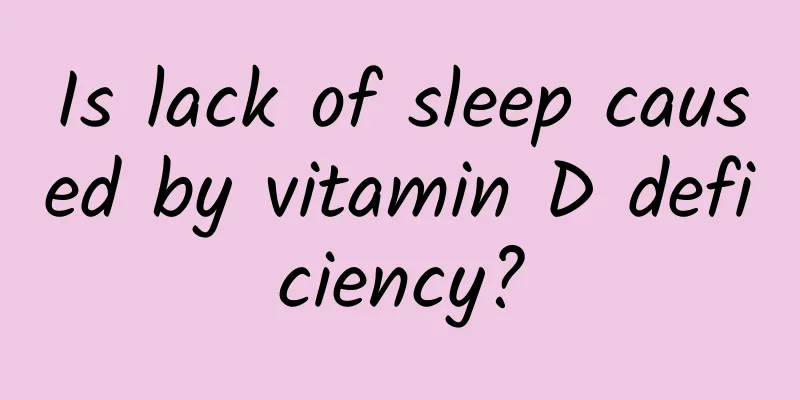There is a lump in the breast

|
Women's breasts are not only a "storefront", but also have a direct relationship with breastfeeding, so women attach great importance to their breasts. Sometimes when you touch your breasts and feel a lump and some pain, you may immediately think of various breast diseases, but in fact you are just thinking too much. This may very well be "breast hyperplasia"! It's not as serious as you think. Breast hyperplasia and serious breast disease are completely different types. It is very difficult to define breast hyperplasia clinically. It is neither a tumor nor a serious disease. From a detailed perspective, it is the hyperplasia and degeneration of mammary ducts caused by changes in women's endocrine system. In other words, when the level of estrogen in a woman's body exceeds that of normal estrogen, it causes the uncontrolled growth and development of breast tissue. The obvious difference between serious breast disease and breast hyperplasia is the pain. During the period before and after menstruation, due to the excessive fluctuation of estrogen in women's bodies, the symptoms of breast hyperplasia are particularly obvious, and are accompanied by swelling and tingling. However, in the early stages of severe breast disease, there will be no pain, and most cases are characterized by painless lumps. Lump is the most typical symptom of breast hyperplasia. Generally, there are multiple lumps in one or both breasts, which appear in the shape of lumps, lumps or granules, and there is obvious pain when touching or pressing hard. When the menstrual period comes, it will expand significantly, and then gradually shrink after it ends. Of course, some women can feel obvious lumps, but the pain is not obvious, and even during the menstrual cycle, the lumps do not change significantly. However, as women age, breast pain becomes more and more obvious, the lumps become cystic, and the boundaries are very clear. When women reach menopause, as estrogen levels decrease, this type of hyperplasia will gradually shrink until it disappears completely. Breast hyperplasia is very scary, but can it also become malignant? wrong! Many women mistakenly believe that breast hyperplasia can become malignant, but in fact 95% of breast hyperplasia are benign types and will not turn into cancer. What is actually related to serious breast disease is atypical hyperplasia. Of course, even if you have atypical hyperplasia, it does not mean that it will definitely become malignant. This is actually a malignant disease, and the probability of developing into breast cancer is not high! As for how we can distinguish between breast hyperplasia and atypical breast hyperplasia, we need to carry out the next step of inspection and determine which condition we belong to according to the checklist. Therefore, don’t worry if you find a lump in your breast, as it may just be breast hyperplasia. Of course, the possibility of malignancy cannot be completely ruled out. In particular, women with a family history of serious breast disease should go to the hospital for examination as soon as possible, and determine whether it is malignant according to the doctor's advice and checklist. This is the correct approach. |
<<: What are the benefits of women doing squats
>>: What should breastfeeding mothers eat to replenish qi and blood
Recommend
Unexpected pregnancy can be aborted after a few months
People are actually contradictory. They think bab...
Is it good for the fetus if pregnant women eat sweet potatoes?
Eating some sweet potatoes during pregnancy is go...
Is it right or wrong for children not to say hello to strangers? Why are children unwilling to say hello to strangers?
As parents, we all hope that our children can gre...
Can pregnant women eat Astragalus soup?
Scutellaria baicalensis has always been a wonderf...
How long does it take for the uterus to contract during a cesarean section?
Many young mothers may choose cesarean section in...
How long does it take to recover from labia minora surgery?
Some women may undergo surgery to make their geni...
How to get your period early? These methods can help you get your period early
Women's menstruation has a certain cycle, but...
Does the cervical cancer vaccine require a physical examination?
Recently, the editor has received many questions ...
Eating these 6 types of vegetarian dishes is like "drinking oil"! Many people eat them every day but don't know it
Planning and production Review丨Zhang Yu, research...
When is the best time to have a painless abortion?
Many young people get pregnant because they do no...
What is the Chuang 2020 broadcast? What is the Chuang 2020 mentor lineup?
"Creation Camp" has been a hot topic si...
How to sleep lying down during pregnancy is good for the baby
Women can be guaranteed to get enough sleep in th...
Can I have sex before IUD is inserted?
There are certain precautions when inserting an I...
What is brown discharge during early pregnancy?
Pregnancy always brings some abnormal reactions. ...
Can I take cold medicine during menstruation?
Women's bodies are very sensitive during mens...









